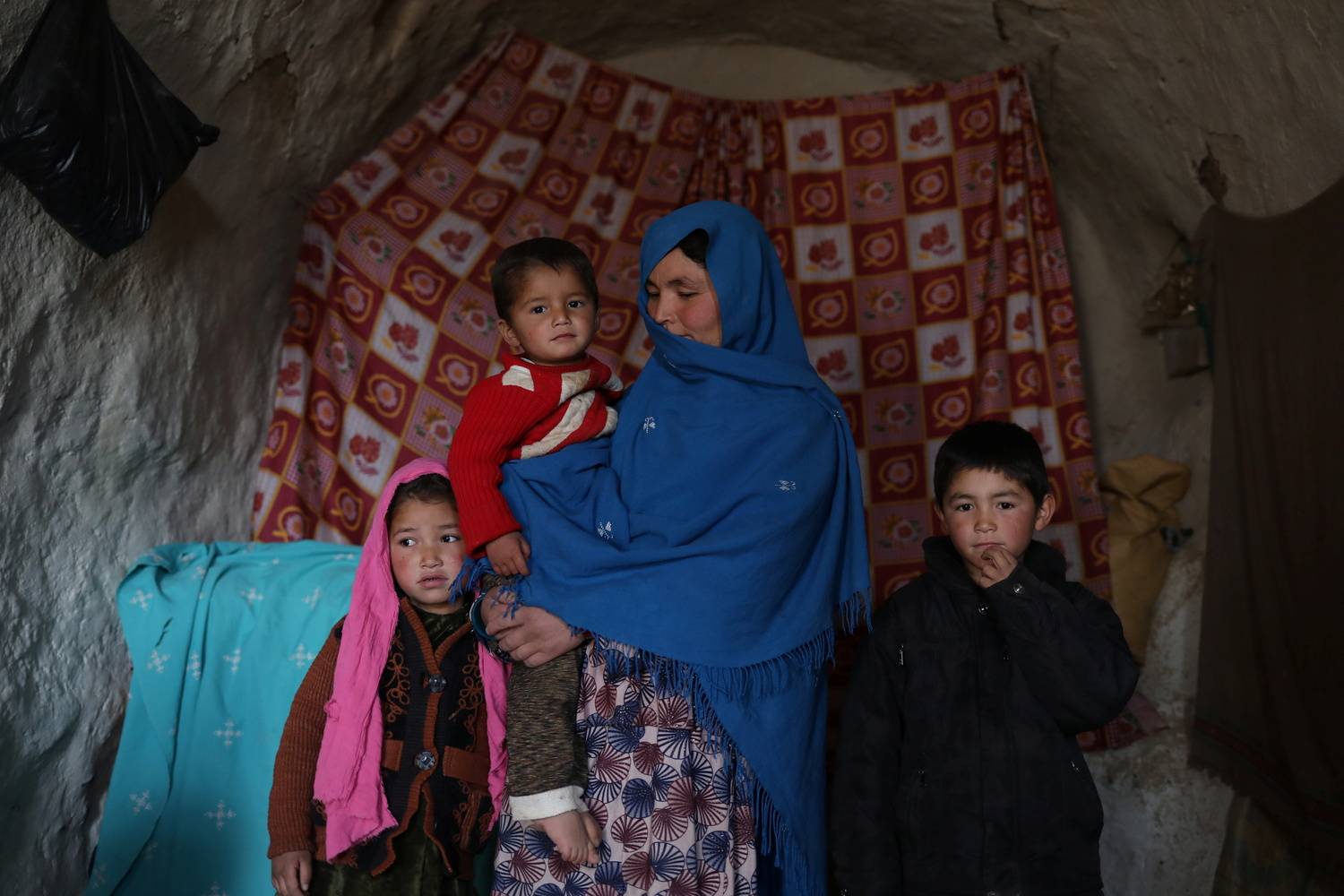The United States may have lost the war in Afghanistan, but it can still salvage the peace.
To prevent Afghanistan from becoming a failed state, the U.S. must end its economic isolation of the country and, instead, jumpstart international efforts to resuscitate its collapsing economy. The U.S. also needs to develop a road map that could open the door to recognizing and working with the Taliban-led government, which, like it or not, is set to remain in control of Afghanistan for the foreseeable future.
The chaos produced by the U.S.-led military withdrawal from Afghanistan last summer made daily headlines. Yet global attention has faded, even though the suffering that accompanied the fall of Kabul pales in comparison to the effects of cutting off external economic support after the Taliban takeover. Under Afghanistan’s previous Western-backed regime, international development aid financed 75% of the government’s budget, and foreign assistance accounted for over 40% of GDP. Withdrawing this support has triggered a dire humanitarian crisis, with disease spreading and half of the country’s population of roughly 40 million facing life-threatening food shortages. The United Nations estimates that 97% of Afghans will soon be living below the international poverty line ($1.90 a day).



















With your current subscription plan you can comment on stories. However, before writing your first comment, please create a display name in the Profile section of your subscriber account page.